Apr 17, 2024
9 Easy Ways to Find Real Life Diligence Examples
ResourcesSources

Sometimes the best teacher is “real life” – but how do you find real life examples and materials for diligence projects?
For inspiration take a look at these 9 ideas.
“Real Life” meaning actual events versus theoretical discourse, is a great teacher. In the diligence area, real life provides you with:
- information
- requirements
- advice and guidance
- assurances
- best practices to model
- behaviors and strategies to avoid
- circumstances that are red flags
- creative solutions
- up to date knowledge
Real life material is a vital component of the research that you perform for a diligence project. It is also an important component of your ongoing diligence – after all you operate in the real world not in a theoretical realm.
So, how do you find real life material? Fortunately, there is a massive amount of material available on the web that is all about “real life”. The challenge is to find it and use it properly.
Today’s post will focus on the finding part. Here are 9 sources that you can use to find real life material. I am sure that as you start your project you will think of additional examples. To illustrate these sources I will mostly use one topic for the examples – the US economic sanctions. Obviously, your topic will set the parameters for the types of sources that work for your project.
9 Resources To Find “Real Life” Diligence Material
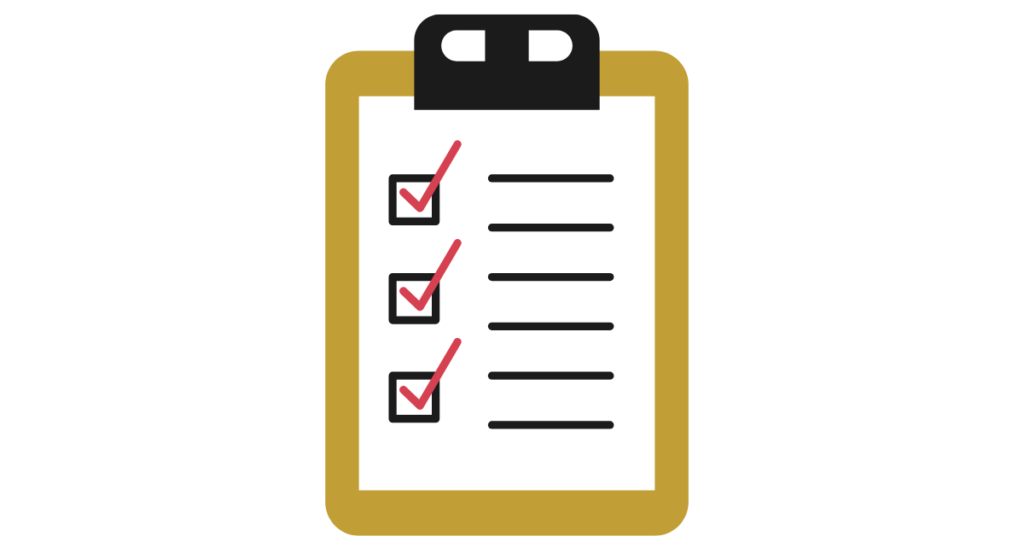
Regulator – If you are operating in a regulatory environment (as in a regulated industry or regulated behavior) check the regulators public materials (often online) to see if they provide:
- Compliance program guidance
- Samples
- News
- Typologies
- Decisions
- Audit manuals
- Email updates
For example, if you are interested in information about diligence for US economic sanctions you would look at the primary regulatory agency, the Department of the Treasury – Office of Foreign Assets Control

Enforcement Agency – The enforcement agency connected with the type of diligence you are conducting is a place to look for useful material such as:
- Guidance
- Typologies
- Enforcement action decisions
- News
- Manuals
- Forms
Using the same example, US economic sanctions, you would want to look at what the Department of Justice has available on its site as it is involved in the criminal enforcement and civil forfeiture penalties for violation of the US economic sanctions.
Note, it is possible that there is more than one regulatory and/or enforcement agency involved with your topic. This is the case with US economic sanctions. So check all that are applicable.

News Media – On the web you find opinions, facts, reporting, news, fiction, nonfiction, photographs, drawings, maps, graphs, charts, books, reports, magazines, newspapers, rumors and rumination, instructions, videos, podcasts, streaming channels, movies, documentaries, essays and thought.
This material is available in all different forms including, text, audio, video and images and can be found by conducting an online search.
For an example of a news article that relates to US economic sanctions take a look at these New York Times and Reuters stories
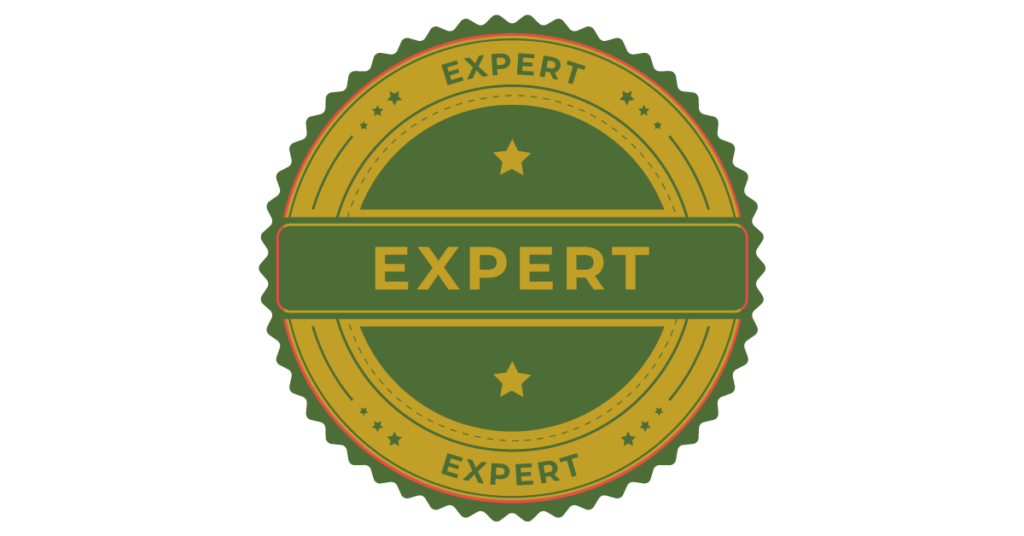
Experts – The web has become a place for experts to showcase their credentials. Experts do this by providing free information often in the form of articles, research, opinions, white papers, reports, reviews and interviews. Examples of experts presenting material about US economic sanctions, include:
- Law firms – Baker Mackenzie’s, Global Sanctions and Export Controls Blog and Paul Weiss’s, Economic Sanctions and Anti-Money Laundering Developments: 2023 Year in Review
- Audit/Accounting firms – Deloitte’s Sanction Digest and this article from Ernst & Young
- Consultants – firms such as AML Rightsource provide whitepapers and ebooks on the topic
- Technology companies – LexisNexis’s, Sanction Pulse
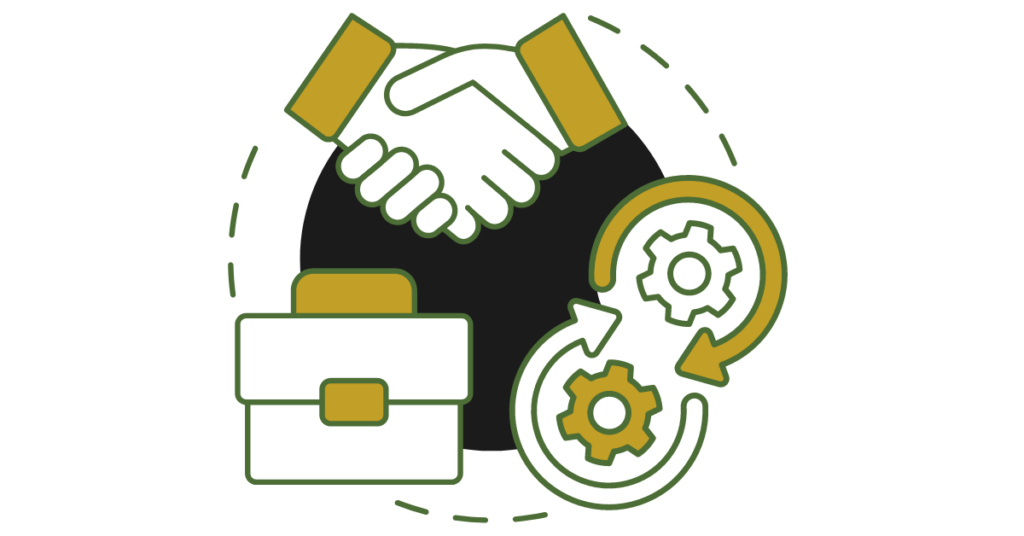
Industry Sources – there are often two general types of industry sources. Those that are aligned with a business area or those that are aligned with a subject matter. For example,
- Business – if you are in banking it would be the banking industry. A banking industry source – the American Bankers Association, publishes information that relates to US economic sanctions in this guidance, which is made available to the public.
- Topic – these are industry sources that relate to a specific topic. In the sanction example, that would include a blog such as Sanction Space, sponsored by ACAMS. ACAMS is an industry group focused on fighting financial crime such as anti-money laundering and other crime prevention. The members may belong to any industry.

Universities – Some academic institutions are rich sources of diligence material as they may:
- House specialized institutes such as the International Working Group on Russian Sanctions at Stanford.
- Study and publish information and reports around business, legal and compliance topics such as this Yale paper – Business Retreats and Sanctions Are Crippling the Russian Economy paper (abstract)
- Allow professors and other employees to consult with industry
- Comment or provide analysis of current events

Internal Sources – Look within your own organization. Find relevant information by asking for assistance or direction from your:
- In house attorneys
- Compliance professionals
- Specialized units related to what you are researching such as marketing for competitive intelligence or IT for cybersecurity typologies
If these internal sources don’t have the information you need they still may be the useful.
Internal sources, as in people, may be the gatekeepers to other resources such as knowledge management systems or subscriptions to external databases and sources. They may also be able to direct you to other people or types of information that will be helpful.
Finally, don’t forget your own colleagues.
When I was in house counsel at an international bank we had weekly staff meeting. We would routinely ask each other to share information about a subject, set of circumstances or even a person. It was often surprising to find that the colleague down the hall was dealing with a similar or the exact topic.
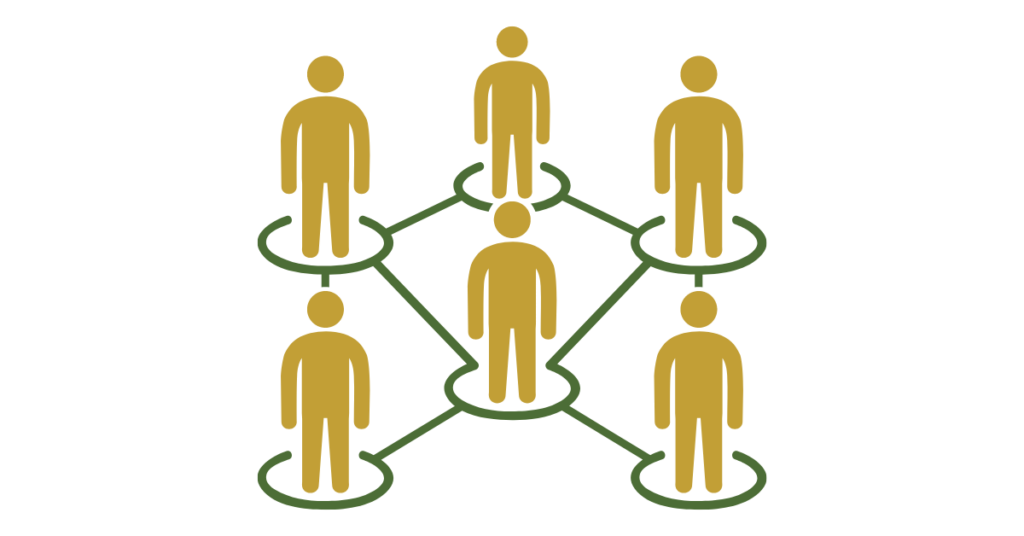
Professional Networks – You have people that you know, that you have come across in the course of your work or your career. You may belong to an organization, a society or even an informal group that focuses on the topic that you need to research. Don’t be afraid to tap your network for information.
Usually people want to help and people within a network, formal or informal are there with the mutual goal of being able to share insights, leads and information.
If your work is confidential, tap the network in the manner that is acceptable and meets your privacy and security needs.
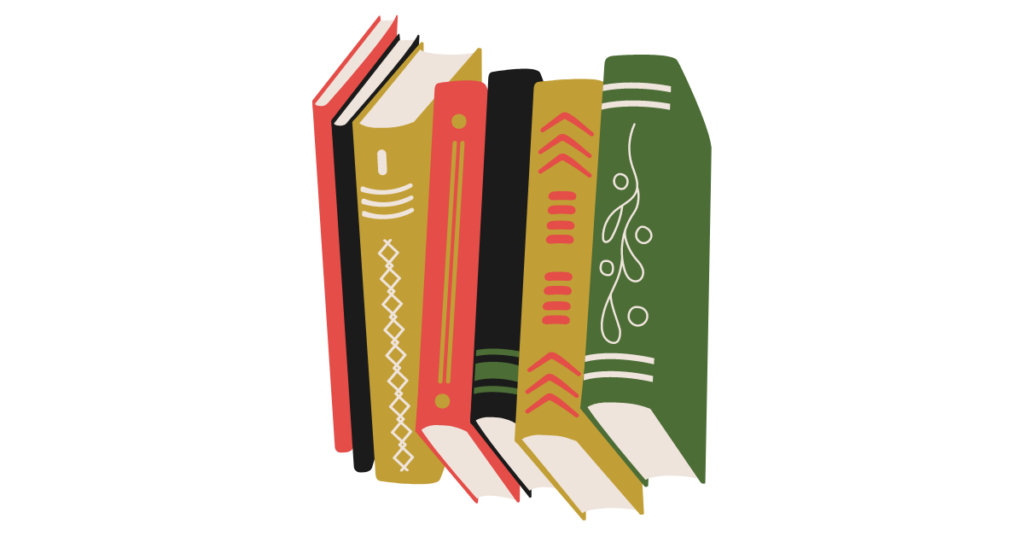
Books – Finally, I am including a category that may seem “old fashioned” a book.
Why? Because I have read or listened to some really good books on recent and relevant topics. My reads (these are not about sanctions) have been around the Theranos debacle and the Panama Papers leaks. These books are full of factual information and contain great examples of:
- Red flags
- Actual scenarios
- “What not to do” and “what to do” activities and actions taken by various parties
Finally
- I urge you to be creative – the web has so many resources and much of of it is tied to people’s actual experiences that they post online. I am sure that you will be able to add to this list as you spend time thinking and researching your own diligence projects.
- Try not to learn from your mistakes – while we are always being told to learn from our mistakes, I recently heard someone note that it is actually better to learn from other people’s mistakes rather than your own because after all, wouldn’t you rather avoid making mistakes. Study others so you can avoid mistakes.
- Learn from the good – you can learn from what works. It was really instructive to me, when I read the books and blogs and listened to podcasts and heard about the institutions and individuals that did not invest with Madoff or in Theranos. Not surprisingly, their decisions to avoid what turned out to be major disasters and illegality were attributed to the fact that they conducted really good diligence.
- Make your own list – as you find new sources, general or specific, add them to your own resource list so you have a starting point for future projects.
- Reciprocate – if you rely on the work, time and interest of others, be sure and make yourself available to do the same for others.
Free ideas, resources and updates
Just subscribe below


Subscribe for Diligence Updates
Get the latest updates, resources, offers, and more.
"*" indicates required fields
The Diligence File respects your privacy. Privacy Policy